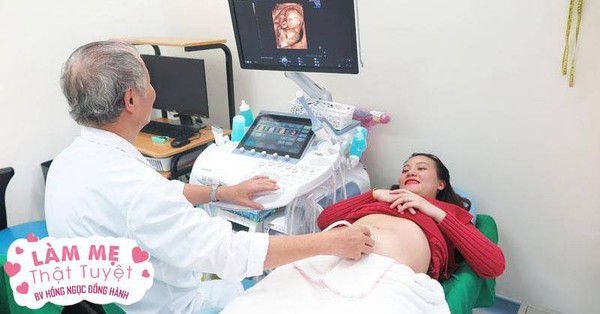3 hidden habits that make blood pressure measurement results inaccurate
A diet high in fat and salt and a sedentary lifestyle increases the risk of high blood pressure. Measurements of blood pressure are not always accurate because some habits can affect the measurement results.
According to the American Heart Association, the following habits can affect blood pressure measurements, causing inaccurate readings:
 |
High blood pressure accompanied by symptoms such as chest pain, dizziness or shortness of breath, the patient needs to go to the emergency room immediately SHUTTERSTOCK |
Take over-the-counter medications
Taking over-the-counter headache medications can temporarily raise blood pressure. Common over-the-counter pain relievers are naproxen and ibuprofen. Acetaminophen can still raise blood pressure, but less often, according to experts health Healthline (America).
In addition, some over-the-counter decongestants, psychiatric medications, birth control pill, immunosuppressants, cancer drugs, and steroids can also temporarily raise blood pressure. However, health professionals advise people not to stop taking these medications without first consulting their doctor.
Coffee and some other drinks
Coffee, alcohol, and some caffeinated beverages also contribute to a temporary increase in blood pressure. With coffee, experts recommend that people should not drink more than 300 mg of caffeine per day, equivalent to 2 to 3 cups of coffee. If taken in excess, this can cause hypertension.
Take certain foods and supplements
Not all supplements are safe, even those labeled as natural. For example, herbal products containing licorice may lead to increased blood pressure.
In addition, foods such as cheese, frozen meat, and soy foods can contain high levels of tyramine. This substance may interact with antidepressants such as monoamine oxidase inhibitors and cause episodes of high blood pressure blood pressure.
According to the guidelines of the US health agency, systolic blood pressure below 120, diastolic blood pressure less than 80 is not considered high blood pressure. A person is considered to have high blood pressure when the systolic blood pressure is above 130 and the diastolic is above 80.
If the systolic blood pressure is greater than 180, the diastolic is over 120, accompanied by symptoms of chest pain, dizziness or shortness of breath, it is necessary to go to the emergency room immediately. The patient then faces the risk of a heart attack, stroke very high, according to Healthline.
at Blogtuan.info – Source: thanhnien.vn – Read the original article here



